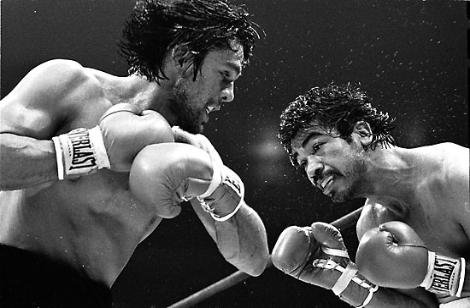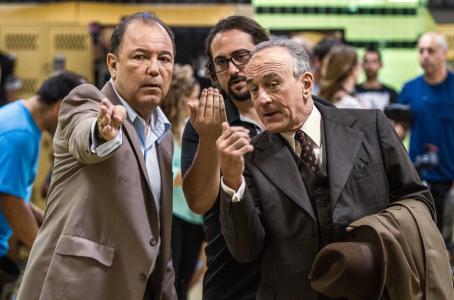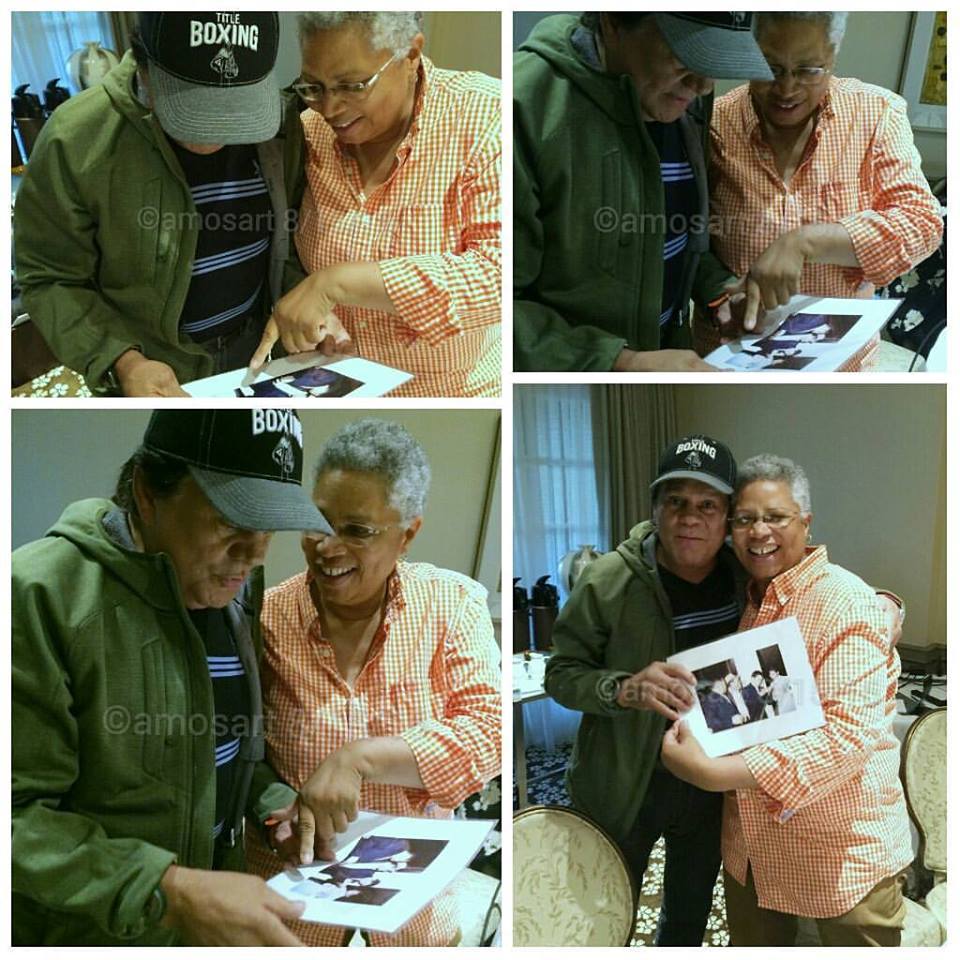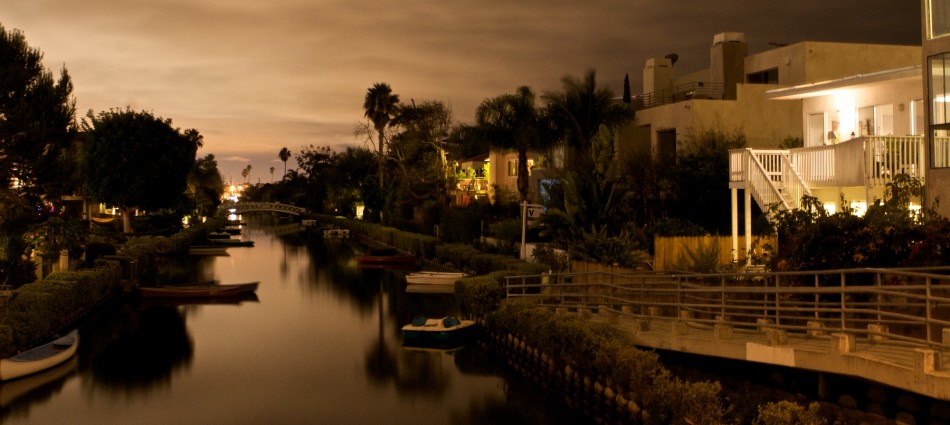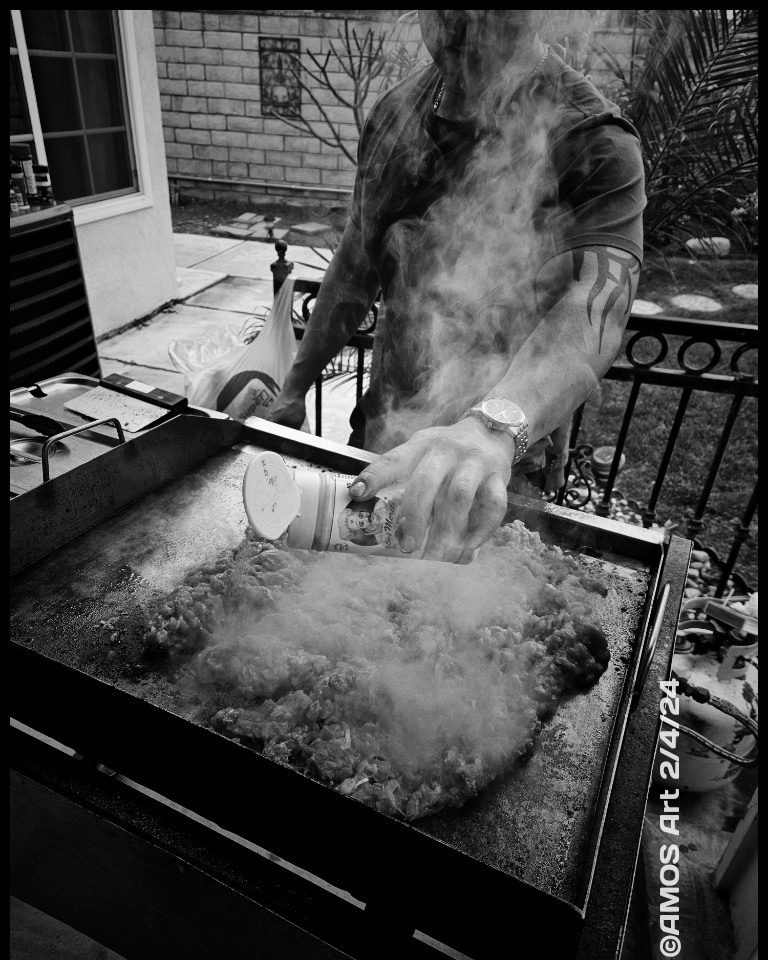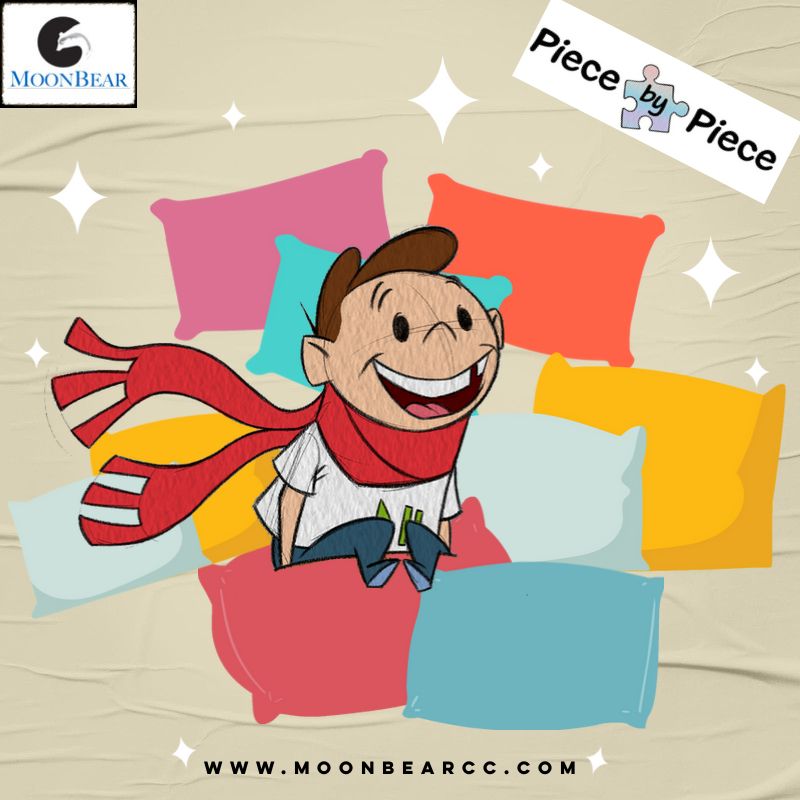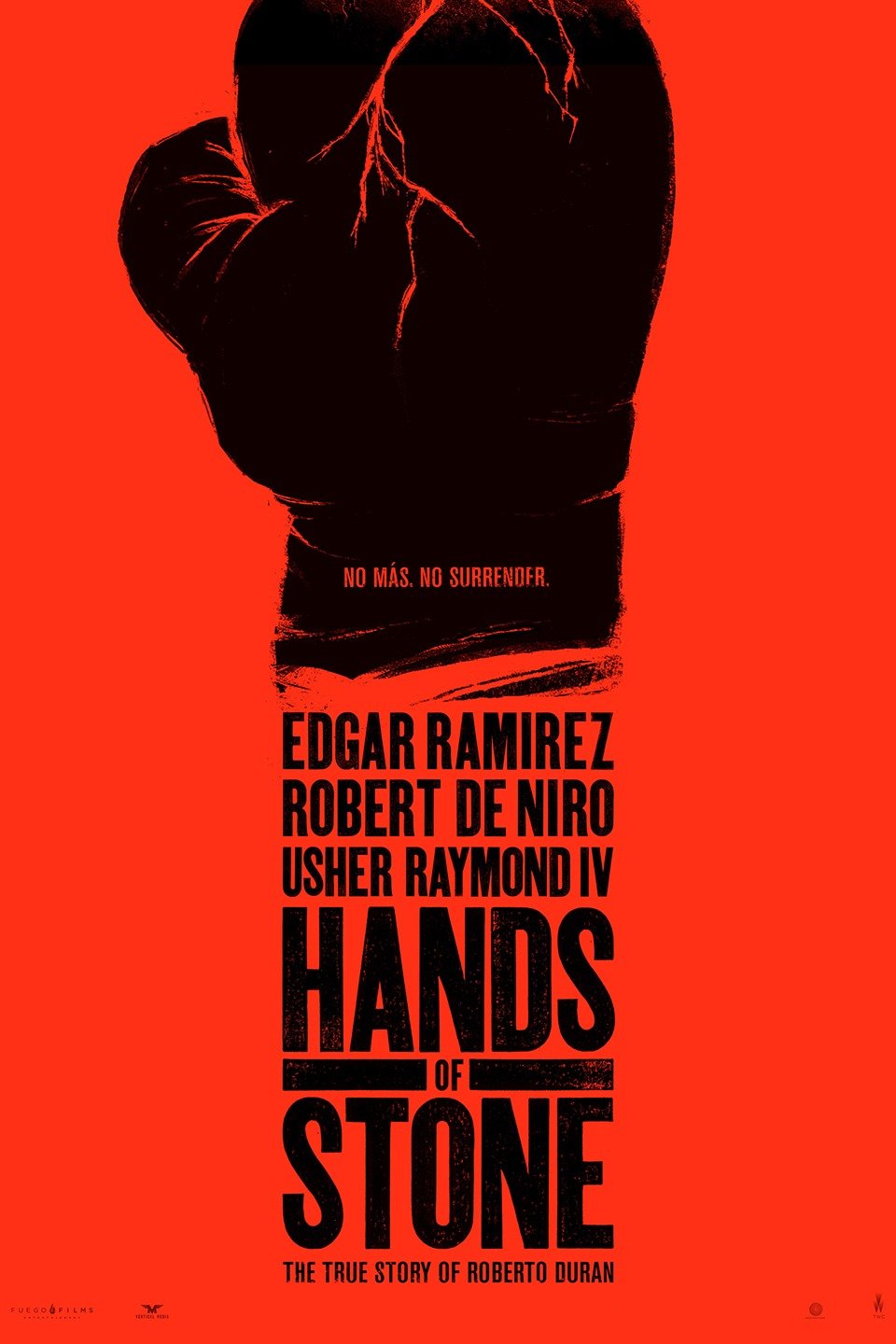 A week ago, I had the pleasure of participating in another round table with Édgar Ramírez, who was joined by legendary Panamanian boxer Roberto Durán to talk about Ramírez’ role as Durán in Hands of Stone. The whole interview ended up being in Spanish, so I will do my very best to express our conversations here in English. (For those of you who would like to listen to it in Spanish, just click on the audio box below.)
A week ago, I had the pleasure of participating in another round table with Édgar Ramírez, who was joined by legendary Panamanian boxer Roberto Durán to talk about Ramírez’ role as Durán in Hands of Stone. The whole interview ended up being in Spanish, so I will do my very best to express our conversations here in English. (For those of you who would like to listen to it in Spanish, just click on the audio box below.)
Durán (Manos de piedra) rose from poverty to become a world-famous professional boxer. Known for his punching power, Duran won world championships in four weight classes (lightweight, welterweight, light middleweight and middleweight). Through many ups and downs, he has remained humble and proud to be a family man.
Hands of Stone is directed by Venezuelan-born writer-director Jonathan Jakubowicz (Secuestro Express). During an interview, he said, “It was very hard to get this movie made” and “We were lucky to find independent financing, and Harvey Weinstein fell in love with it.” He talked about it at length a couple of months back to Remezcla. Click here to read more.
Film synopsis: At age 72, legendary trainer Ray Arcel (Robert De Niro) comes out of retirement to coach world-class Panamanian boxer Roberto Durán (Édgar Ramírez). Arcel becomes a mentor to the ferocious fighter, convincing him that winning ultimately comes down to strategy. After scoring knockout after knockout, Durán prepares for a bout against Sugar Ray Leonard, the undefeated lightweight champion. Five months later, on Nov. 25, 1980, the two titans meet for an infamous rematch that makes boxing history.
The film’s other stars include Rubén Blades (Carlos Eleta), Usher Raymond IV (Sugar Ray Leonard), Ana de Armas (Felicidad Iglesias Durán), Óscar Jaenada, Jurnee Smollett-Bell, Ellen Barkin, and John Turturro.
As we all know, biographical pictures can be tricky to make and they are rarely perfect, but they can still be good. And that’s what I enjoyed about Hands of Stone. I admit I could be a bit biased, since I’m Panamanian and it’s a film about someone very dear to the Panamanian people.
The following is a little from our roundtable. It started when I showed Roberto Durán a photo of him and me, back in 1973. He was celebrating his championship and his visit to a Panamanian dance in Los Angeles. I was 17 in the picture.
Durán was asked about his relationship with Sugar Ray Leonard; he said they are very close, and that early on, Leonard was doing a film, and he called Durán, thinking he may have been upset with him. But he wasn’t upset at all, and he ended up chauffeuring Leonard around Panamá City. To this day, if Leonard calls Duran and asked him to do something for his foundation, Durán is there to support. “Really good friends,” he said. (He even had what we would call “a senior moment;” he lost track of what he was saying and Édgar Ramírez got him back on track. It had us all laughing.)
Ramírez, who looks fantastic, was asked about his boxing training for the film. He said he moved to Panamá and first started training with Roberto’s sons, then with other trainers who pushed him to higher limits. He chose to train at night, so he could rest in the mornings and attend rehearsals around midday. He had a special cook too. His training location was very special, which helped him to concentrate and think clearly, which is really important for a good boxer.
Ramírez really learned to box for his role as Durán. He talked about how he couldn’t imitate the boxer—he needed to experience the whole process–and how boxing has even changed his own life. He continues to train. He was asked about the contradictions or conflicts in his role, and he said that was the great thing about choosing this role. The challenge was being able to balance the emotions inside and outside the ring. There were many facets to Durán, he said–a fierce fighter inside the ring and a family man outside the ring, who has been married to Felicidad Iglesias Durán for over 45 years.
Durán was asked how much input he had on the script. He said he stayed out of it because he didn’t want people saying that he was there changing things. Once he gave them the papers, he said, it was up to the filmmakers to make a good film.
I asked Roberto if there was any boxers that had the same sentiment towards boxing like him, who really enjoyed getting into the ring like he did, and didn’t think it was all about the money. He said that was a really hard one to answer. He didn’t think there were. Édgar said it best, “it was a different era.”
There was so much boxing information and history shared from Durán that we could go on and on. But listen to the Spanish audio and you’ll hear all the laughter we shared. They were both very happy with the film. Ramírez said that making this film was a great experience; it will be with him forever.
Hands of Stone in theaters August 26. — A.O.

